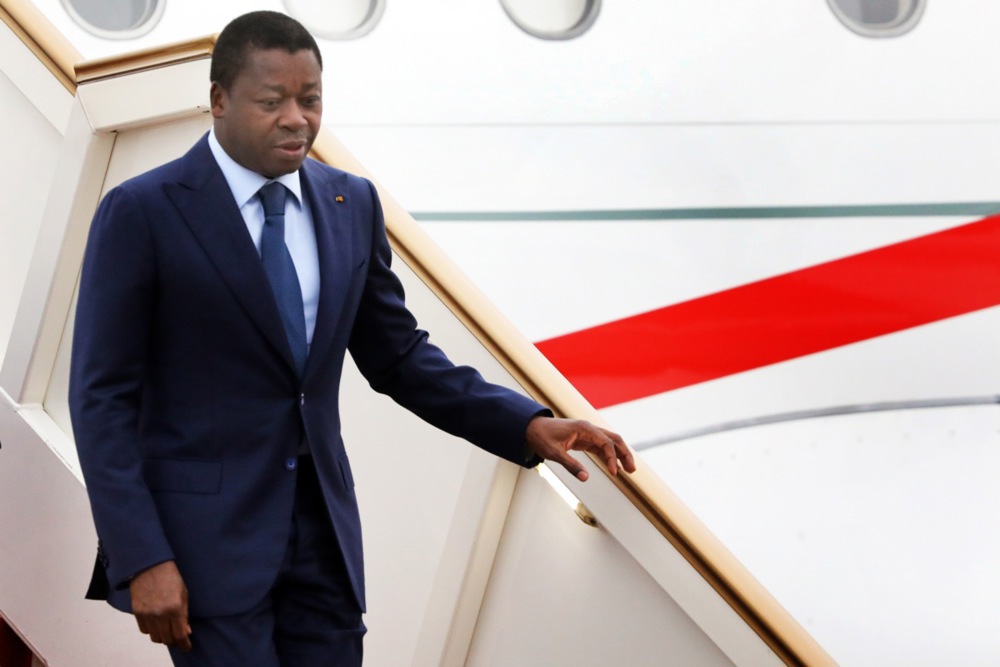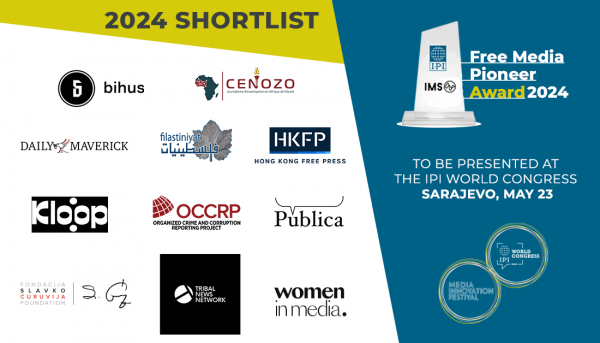Togo authorities must allow the media to freely and safely cover the April 29 parliamentary and regional elections, the International Press Institute (IPI) said today.
There is growing pressure on journalists in Togo ahead of the vote. This month, authorities arrested and expelled French journalist Thomas Dietrich. Additionally, the country’s media regulatory body suspended accreditation for foreign journalists covering the election. Meanwhile, IPI monitoring has documented increasing threats to media in the West African country.
Foreign journalist expelled
Togo’s elections were set to take place on April 20. However, the government postponed them to April 29 following political tension around a constitutional change moving the country from a semi-presidential to a parliamentary system.
Togo’s government has increasingly ruled the country with an iron fist and clamped down on press freedom. The pressure includes last week’s expulsion of Dietrich, who works for the news outlet XXI Africa. Dietrich was in Togo to cover the political crisis around the constitutional reform as well as the elections. However, he was arrested on April 15 after the media regulatory body denied him accreditation. Authorities handed him a six-month suspended sentence for illegal entry into the country and deported him the following day.
Frequent threats to press freedom
The pressure on the media around the elections reflects a wider atmosphere of restrictions on press freedom in Togo. Authorities regularly intimidate, harass, and detain journalists in response to critical publications. This includes the abuse of problematic legal provisions to harass and prosecute journalists. Moreover, as the Pegasus project revealed, the authorities have employed spyware technology to surveil journalists.
Recently, authorities detained journalist Appolinaire Mewenemesse of the newspaper La Dépêche in response to an article questioning the conviction of a high-ranking military officer in the murder of another officer believed to be close to President Faure Gnassingbe. Authorities later released Mewenemesse but charged him on several counts, including publication of fake news, and incitement. Before his arrest, the media regulatory body had suspended his newspaper for three months over the article.
In March 2023, a court sentenced journalists Ferdinand Ayite and Isidore Kouwonou of the newspaper Alternative to three years over a YouTube broadcast critical of two government ministers. They fled into exile out of fear for their safety. Additionally, in November 2023, authorities detained journalists Loic Lawson and Anani Sossou for several days after Togo’s housing minister filed a defamation complaint against them. The journalist had reported about a burglary at the minister’s house.
Authorities must allow free and independent reporting on elections
“It is increasingly worrying how authorities are restricting press freedom in Togo. The recent expulsion of journalist Thomas Dietrich and the suspension of accreditation for foreign journalists to cover the upcoming parliamentarians and regional elections are just the latest concerning developments”, said Nompilo Simanje, IPI Africa Advocacy and Partnership Lead. “Togo authorities must allow the media to report freely on the electoral process and guarantee press freedom. Free and independent media coverage of the elections is indispensable for credibility and transparency.”
IPI calls on Togo authorities to ensure that journalists covering the April 29 vote are protected, safe, and have access to information. Instead of attempting to frustrate independent journalism, authorities should allow media and journalists to do their work of providing information to the public. This work is indispensable to enable public debate in any democracy.



